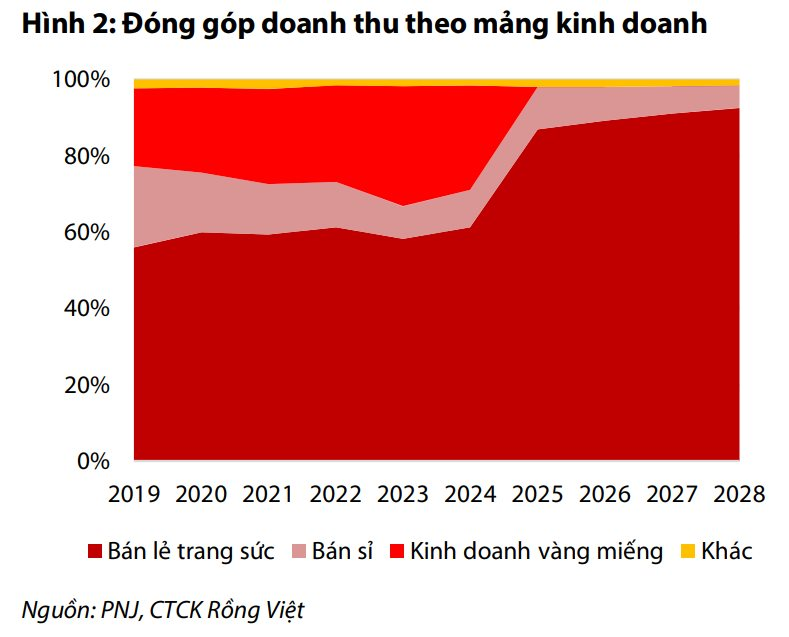The Ministry of Home Affairs has responded to the recommendations of voters after the 6th session of the 10th National Assembly regarding ensuring the livelihoods of public sector employees during the implementation of wage policy reforms starting from July 1, 2024.
The Ministry of Home Affairs received recommendations from voters in the provinces of Thai Binh, Tay Ninh, Binh Duong, and Vinh Long, reflecting that wage adjustments have not been closely linked to market price controls, resulting in a situation where prices of consumer goods have already risen before the wage policy has taken effect.
Voters have suggested that the government needs effective solutions to curb inflation and stabilize market prices, in order for wage increases to effectively improve the lives of officials, civil servants, and workers.
Local voters also recommended that the government take into account the benefits of those currently receiving allowances when adjusting wage policies.
In addition, voters in Ba Ria – Vung Tau province raised the issue that wage reforms for officials, civil servants, and employees are essential and should be prioritized. When the lives of officials, civil servants, and employees are assured in terms of material and spiritual aspects, they will dedicate their time, intellect, and capabilities to their work and contribute to the country’s development.
Furthermore, limiting officials, civil servants, and employees from taking on additional work outside their official positions to earn extra income or engage in corrupt and negative activities was also highlighted.
Voters have requested that the government focus on implementing wage reforms for officials, civil servants, and employees promptly. They also called for price controls to prevent wage stagnation and price increases.
In response to these proposals, the Ministry of Home Affairs stated that based on Resolution No. 64-KL/TW dated October 18, 2023, of the 8th Central Committee of the 13th Party Congress on the socio-economic development for 2023-2024, and Resolution No. 104/2023/QH15 dated November 10, 2023, of the 15th National Assembly on the state budget estimates for 2024, the wage policy reform will be implemented from July 1, 2024, based on Resolution No. 27-NQ/TW.
As per the assigned task, the Ministry of Home Affairs will collaborate with relevant ministries and agencies to develop and implement specific provisions of the new wage system (including salary scales and allowances as raised by voters) for officials, civil servants, and employees in accordance with Resolution No. 27-NQ/TW.

To address the deficiencies in the current wage system and improve the lives of the majority of officials, civil servants, and employees, the Ministry of Home Affairs, as assigned by the government, will work with relevant ministries and agencies to report to the government on coordinated tasks and solutions to control inflation and stabilize market prices, ensuring the real value of wages during the wage reform.
By doing so, the aim is to improve the lives of officials, civil servants, employees, and wage beneficiaries when implementing wage policy reforms according to Resolution No. 27-NQ/TW.
According to the Ministry of Home Affairs, the new wage structure will include a basic salary (accounting for approximately 70% of the total salary fund) and various allowances (accounting for approximately 30% of the total salary fund). The salary system will also include bonuses (with a bonus fund equivalent to around 10% of the annual basic salary, excluding allowances).
There are expected to be 9 types of allowances under the new wage system, including: concurrent duty allowances, seniority allowances beyond the prescribed level, regional allowances, job responsibility allowances, mobile allowances, profession-based incentives, allowances for working in economically and socially difficult areas, allowances based on administrative unit classifications and public career rankings, and allowances specifically applicable to armed forces personnel.
From 2025 onwards, the government plans to continue adjusting wage levels in the salary scale with an average increase of about 7% per year. This means that after implementing the wage reform with the new salary scale, which offers higher salaries than the current scale, officials and civil servants will still receive an additional 7% wage increase annually.
The 7% wage increase aims to compensate for price differentials and improve living standards in line with GDP growth until the lowest wage in the public sector is equal to or higher than the lowest wage in Zone 1 of the private sector.
Currently, in the private sector, wages are divided into 4 zones: Zone 1 with a minimum wage of 4.68 million VND/month, Zone 2 with 4.16 million VND/month, Zone 3 with 3.64 million VND/month, and Zone 4 with 3.25 million VND/month.
In accordance with the recommendation of the National Wage Council, it is anticipated that from July 1, the minimum wage will be adjusted with an average increase of 6%, corresponding to an increase of 200,000 VND to 280,000 VND, depending on the respective zone.
The government has tasked the Ministry of Labor, Invalids, and Social Affairs to develop and submit to the government a decree on the minimum regional wage increase to be implemented concurrently with the wage reform from July 1.















